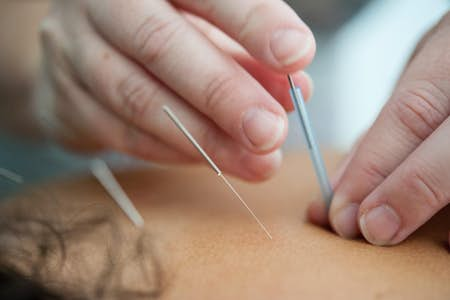If you’ve been hearing more about CBD oil lately, you’re not alone. From chronic pain to anxiety and sleep issues, you may be exploring whether it could be a useful part of your healthcare plan. But when it comes to finding the right CBD oil, it’s not as simple as picking a product off the shelf or following a social media trend.
Finding the right CBD oil depends on your specific health needs, the quality of the product, and whether it's being used as part of a clinically guided treatment plan. The safest and most effective route is working with a healthcare provider who can help you identify trusted, regulated options, including helping you find the best CBD oil. Please note to access medicinal cannabis products, there is a strict triage process in place to ensure it’s appropriate for your condition and safe alongside any existing treatments.
What is CBD?
First things first, CBD (short for cannabidiol) is a compound found in the cannabis plant. It’s not the part that gets you “high” (that’s THC), and CBD itself doesn’t have any intoxicating effects. What it does have is growing interest from the medical community for its potential role in managing specific health conditions like chronic pain and sleeping disorders. That said, it’s really important to approach CBD oil from a clinical perspective.
As the NHS explains, medical cannabis is only considered when conventional treatments haven’t worked. A specialist doctor will assess your medical history, symptoms, and other medications before deciding whether a cannabinoid-based treatment is right for you.
How do I find the CBD oil I need?
It starts with a consultation from a trusted clinical healthcare provider; such providers would include cannabis clinics that may offer in-person or online consultations. They will take time to understand your symptoms, medical history, and any medications you’re currently taking. This helps ensure your medical cannabis prescription is safe, evidence-based, and genuinely suitable for you.
Also, keep in mind that medical cannabis is very different from wellness-focused CBD products you might see in shops. It’s prescribed by specialist doctors and monitored closely for safety and effectiveness. So although over-the-counter CBD products do exist in the UK, they’re regulated as novel foods, not medicines. The Food Standards Agency (FSA) advises that you choose CBD products from companies that can clearly show what’s in them.
If you’re curious about whether CBD could help, start by speaking to a qualified medical professional. Book a consultation today and take the first step toward a personalised treatment plan.
Image Credit: Elsa Olofsson at unsplash
Before exploring alternative therapies, it’s vital to ensure you know what’s really going on in your body.
With Scan.com, you can choose from 10 scan types at over 250 clinics nationwide to get a clear diagnosis and ensure you’re fully informed when you make choices around your treatment.
Visit Scan.com now to learn how it works and book your scan.






